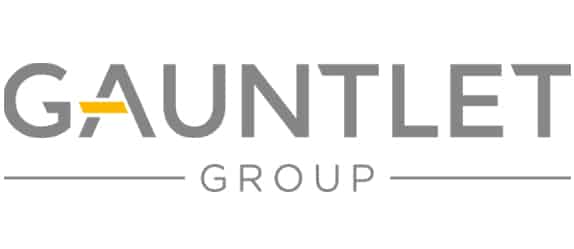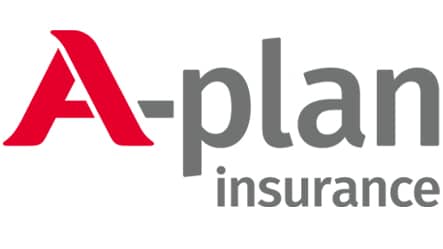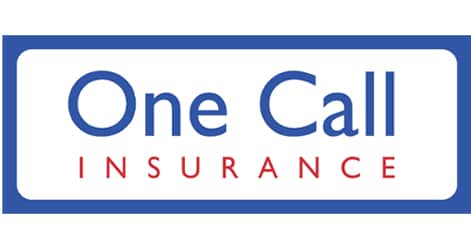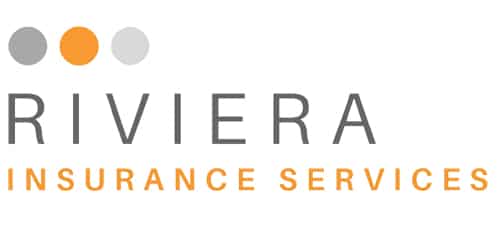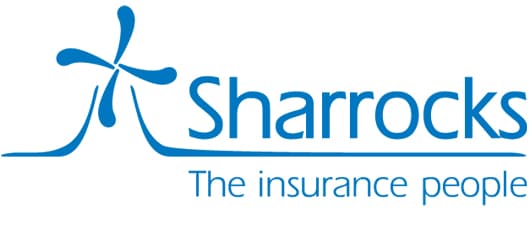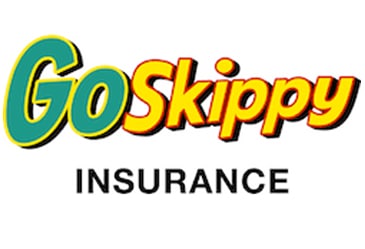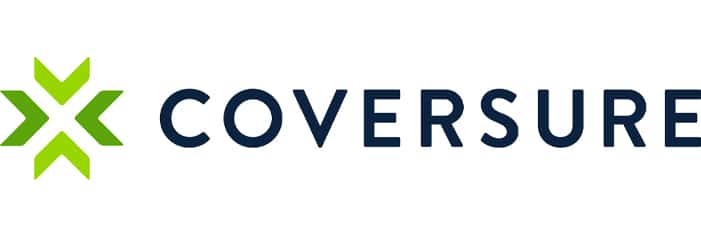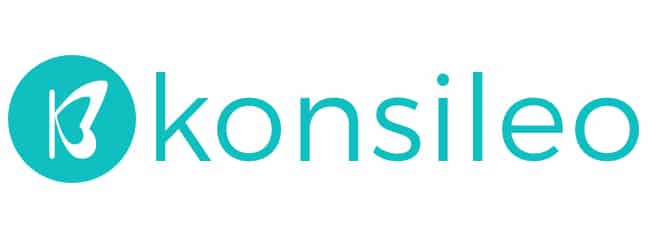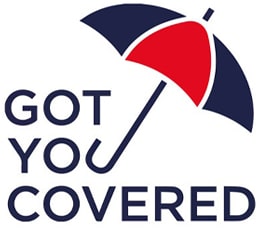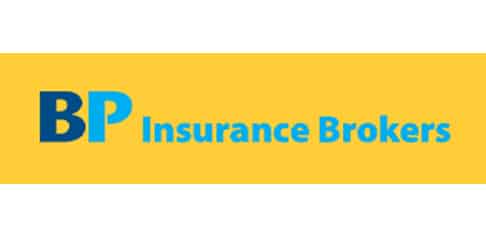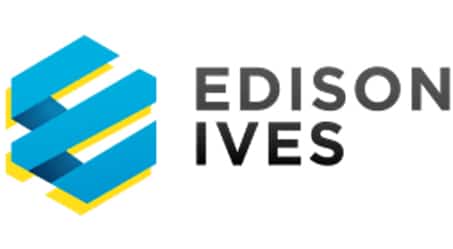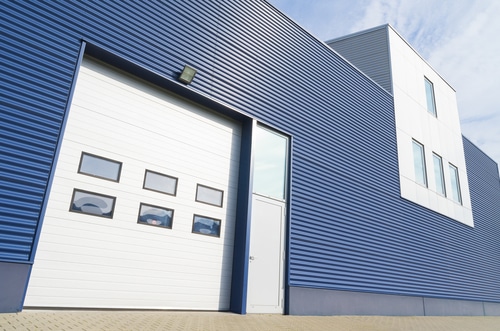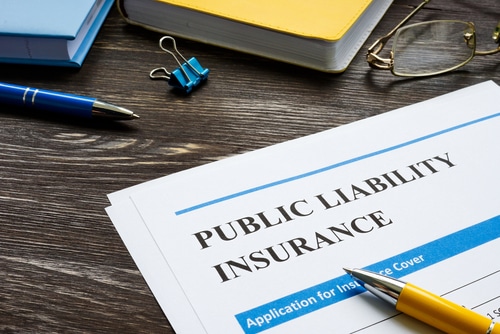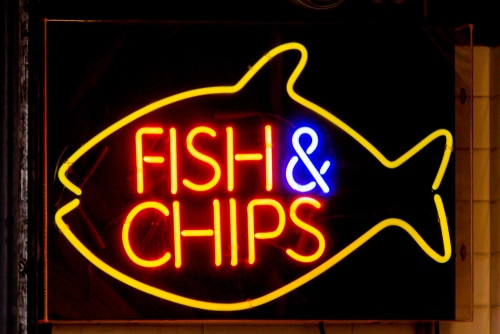Restaurant Insurance
Compare cheap restaurant insurance quotes
- Complete one short form
- Quickly compare quotes
- Find a great deal today
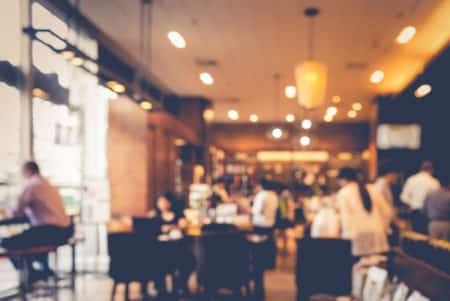
Lowering the cost of your restuarant insurance
Between having to deal with pots boiling over, hungry patrons, and bad batches of stock, finding restaurant insurance may be the last thing on your mind, particularly if you run it yourself.
It’s undoubtedly a necessity though, so here is Utility Saving Expert’s guide on restaurant insurance to make life easier.
What is restaurant insurance?
Restaurant business insurance, like most forms of business insurance, is geared towards providing financial and legal cover for incidents in the restaurant business.
In this case, any establishment that publicly or privately serves food can be classified as a restaurant or qualify for restaurant insurance.
Restaurant owners can purchase restaurant insurance from one provider or create a package by combining coverage plans from multiple providers.
Finding a policy that suits your business’s needs can be a painstaking process. Luckily, Utility Saving Expert has a wealth of experience finding people bespoke restaurant insurance solutions.
Types of restaurants
Believe it or not, many business owners miss out on valid claims because they don’t know how to classify their business. Fortunately, most business insurance companies will generally help out when it comes to classifying your business. However, if you happen to encounter one that doesn’t, here are some establishments that could be classified as restaurants:
- Cafes
- Caterers
- Fast food
- Fine Dining
- Casual Dining
- Ghost Restaurant
- Food truck, cart, or stand
- Pubs
- Diner
- Pop-Up
- Bistro
Why you need restaurant business insurance
The restaurant industry is one of the most difficult to succeed in. Beyond ensuring that the food they serve is palatable, restaurant owners are faced with the challenge of ensuring the safety of both their staff and the general public.
Accidents happen all the time, but a lot can go wrong in a restaurant. When there is a major incident, regardless of whether it is your fault, you don’t want to be on the wrong end of a claim and then have to pay a huge settlement fee. Being covered by restaurant business insurance can offset unnecessary expenses to keep your business running well.
What does restaurant insurance cover?
Buildings insurance
If your building gets damaged by events such as fire, vandalism, or natural disasters, then buildings cover can handle the cost of repairing or rebuilding your restaurant’s structure.
Employers’ liability insurance
Employers’ liability insurance is a key component of restaurant insurance cover, as it is legally required for any personnel that aren’t immediate family members, in addition to temporary staff. With employers’ liability insurance, you will be given financial and legal support should an employee make a claim related to them fulfilling their function.
Public liability insurance
Public liability insurance covers compensation and legal costs in the event of a member of the public being accidentally injured in your restaurant. An example of a common public liability insurance claim would be a customer slipping in a puddle of water and sustaining an injury.
Product liability insurance
Product liability insurance is closely similar to public liability insurance but still different in some senses. If a product you sell causes injury or illness, product liability insurance can protect you financially and legally. A prime example would be a guest getting food poisoning after consuming one of your meals and filing a claim against you.
Contents insurance
Restaurants should always endeavour to have contents insurance, as it can handle the cost of replacing most items in your restaurant. This covers a restaurant’s fixtures, furniture, and cooking utensils.
Legal expenses insurance
This type of insurance facilitates access to legal resources and covers legal expenses in case of a legal dispute.
Liquor liability insurance
This coverage can provide financial protection if a customer has an alcohol-related incident after consuming drinks on your premises. Many restaurant liability insurance plans do not cover alcohol and liquor liability, which is generally only added following endorsement.
Stock insurance
With stock insurance, restaurant owners can easily replace goods and materials or the financial equivalent recovered, should they get damaged, lost, or stolen. An important part of this cover is knowing how much stock your restaurant has or expects. Always be sure to make regular stocktakes.
Business interruption insurance
Whether it be a global pandemic, a shutdown caused by a safety hazard, or a loss of your alcohol license, unforeseen circumstances can bring your operations to a complete stop within the blink of an eye. If that does happen, business interruption insurance can help get your restaurant back to where it was financially before the interruption.
Personal accident insurance
This type of cover applies to people actively carrying out their business functions. If any incident completely hinders your ability to work, then personal accident insurance can keep you financially covered, and it often handles medical costs and certain recovery expenses.
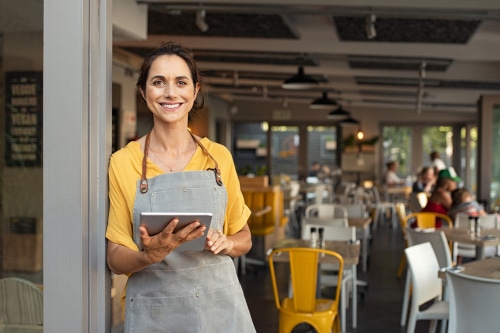
Additional restaurant insurance
Cyber insurance
Cyber attacks are attempts from cyber criminals to breach your company’s information technology systems and steal valuable data.
According to research, 43% of cyber attacks are targeted at small businesses, and 60% of small businesses that are victims of these attacks go out of business within six months. This illustrates the importance of adding cyber threat coverage to your restaurant business insurance plan.
Commercial vehicle insurance
Some restaurants may have a vehicle for delivering meals and picking up supplies. Personal vehicle policies won’t cover such a vehicle, but commercial vehicle insurance can. If you or an employee is in an at-fault accident, then a commercial vehicle policy can cover the cost of repairs or replacements.
Terrorism insurance
Many business owners overlook terrorism cover because they feel that it may never happen to them. While acts of terrorism may be less prevalent in certain parts of the world, predicting what could happen tomorrow is close to impossible.
Damages resulting from terrorist acts are generally excluded from standard BOPs (business owner policy) and restaurant business insurance policies, so having this coverage in place could be handy when you least expect it.
What affects the cost of restaurant insurance?
Restaurant insurance policies tend to be pricier than your average commercial insurance policy, largely down to the risk associated with the restaurant business. Here are some factors that will affect how much you pay for restaurant insurance cover:
- Location – Businesses that are located in high-risk areas are always more costly to insure. In terms of location, risk can refer to the crime rate or environmental hazards such as a large body of water being nearby. These increase the likelihood of your property being stolen or damaged, so your insurance may increase your premiums accordingly.
- Claims history – If you have made what an insurer may deem a copious amount of claims within the past three years, your general business practices may be called into question. Insurance companies aren’t fond of instability, so if your operations seem unstable based on your claims, they might increase your premium.
- Property values – The cost of any commercial insurance policy will change according to the total value of your property. Insurance companies will always consider the cost of your building, equipment, furnishings, POS systems, art, signage, and stock when calculating your premium.
- Type of restaurant – Most restaurant insurance quotes are higher than most restaurant owners would like, but some pay more or less than others, depending on the exact nature of their restaurant. This is because a restaurant that uses machines such as deep fat fryers may present greater risks than a coffee shop.
- The size of your workforce – The way insurers see it, the more people you employ, the riskier your operations are. Multiple staff on a busy day are much more likely to bump into one another or have separate accidents. In this case, having sufficient employers’ liability cover will result in your insurance policy costing you more.
- Alcohol and total gross sales – The amount of alcohol you sell in relation to your gross sales can significantly affect the cost of your policy. An insurer may refuse to provide cover if a large percentage of your total sales are alcohol-related. Insurance companies prepared to work with you may charge an extremely high premium.

Why compare restaurant business insurance with Utility Saving Expert?
At Utility Saving Expert, one of our main endeavours is to take the stress out of most finance-related things. We understand that most people think the process of finding comprehensive restaurant insurance cover is by no means easy, but we have a way of challenging that idea.
To do this, our team of experts have developed an advanced comparison tool that allows you to compare insurance quotes from UK insurers. Our free tool searches all the available databases to find trusted insurers authorised and regulated by the Financial Conduct Authority.
Never again will you have to waste valuable time searching the internet for a quote tailored to your business’s needs.
Don’t waste any more time; start comparing business insurance quotes today!
Restaurant owners can expect to pay an annual fee of £500 to £8000 to insure their business. This is an estimate, as the cost can vary according to several factors, such as the nature of your restaurant and the insurance market.
The Financial Services Register is a public database of entities that are or have been regulated by the Prudential Regulation Authority, the Financial Conduct Authority, or both.
When determining the legitimacy of an insurance company, you can use their Financial Services Registration or Firm Registration Number to do so.
If you’re ever unsure of anything to do with restaurant insurance, then keep reading our restaurant insurance FAQs or get in touch with our team of insurance experts who will gladly be of assistance.
Not having sufficient employers’ liability insurance cover can result in your business being on the receiving end of fines.
Also, if an employee makes a claim against you, your company will have to foot the bill for compensation and legal costs, as opposed to your insurance company handing it. Many business owners don’t realise that even a single claim can have enough financial impact to drive a small or medium-sized business into insolvency.
Insurance cover can be quite expensive but don’t take the risk; always make sure you at least have employers’ liability insurance, as in most cases, it is required by law to have it.
The length and ease of the claims process can depend on several factors, but two of the main ones are the industry a business is in and the extent of the damage it has sustained or caused. Additionally, because insurance businesses operate differently and have different claims processes, there is no easy way of saying how long the average process takes.
Here is the general commercial insurance claims process:
- Initial contact with your broker – When an incident occurs, your broker is the first person to contact you. This is because they understand the ideal steps for these situations. Once you provide your broker with a detailed list of stolen or damaged items and any adjoined evidence, an adjuster will follow up to continue the process.
- Claim investigation commences – An adjuster continues the claims process by determining the amount of loss or damage covered by your insurance policy. Another duty of the adjuster is to identify liable parties. This can be expedited by providing witness statements or relevant contact information.
- Policy documents reviewed – Upon the completion of the investigation, the adjuster will go through your policy to determine what is covered and what isn’t. At this stage, they will inform you of any applicable deductibles.
- Damage evaluation performed – To accurately determine the extent of the damage, an adjuster may hire appraisers or contractors to provide expert advice. Once the damage assessment is done, the adjuster may provide a list of preferred vendors to rectify the damage.
- Payment is arranged – After the damage has been rectified via either repairs or replacement, the adjuster will contact you to discuss claim settlement and payment. The time it takes for your payment to come through depends on how complex or severe your situation is.
You may or may not be obligated to use those vendors, but that depends on what your policy says.
The following are some major threats to your business operations and reasons why you should invest in restaurant insurance:
- Food safety – Restaurant owners always need to ensure that their restaurant practices the best food handling and storage practices. Even if restaurant staff have undergone rigorous training, this does not eliminate the possibility of contamination resulting in food poisoning.
- Injuries – Restaurants can be incredibly hazardous during peak times. Unmopped puddles of liquid are one of the main causes of broken dishes and injuries. Open flames, hot grease, and sharp knives are also the source of many workplace accidents within the restaurant business.
- Fire – Restaurant kitchen fires are an extremely common occurrence, especially in restaurants with deep fat fryers. Additionally, kitchen staff generally work close to one another, so if a fire breaks out and staff panic, people could be seriously injured. Injuries and fire damage could have an immense impact on your business.
- Theft – Thieves often see restaurants as a lucrative target, given the daily traffic volume and patrons paying for their meals in cash. Even if your establishment doesn’t keep cash on site, thieves may still break in and cause considerable damage to the property.
- Business interruption – Due to its client-facing nature, the hospitality industry was one of the hardest hit by the COVID-19 pandemic. A lengthy interruption in operations can easily cause a restaurant to go out of business.
If you’re looking to reduce your premiums, then improving your restaurant’s safety is a good place to start. Improving your safety means reducing risk factors, which means you will be seen as less risky to insure. Do note that doing the following may not necessarily decrease your premiums dramatically:
- Implement safety protocols – If an incident is out of your control, such as a fire, you should, at the very least, have a procedure that staff and patrons can follow to ensure their safety. The last thing you need is your staff rushing in a panic, unsure of where to find the nearest exit.
- Install an alarm system – This one may seem obvious, but many restaurant owners still see their brick, mortar and a couple of chains as enough security. Even if you don’t think you need an alarm system, it’s better to be safe than sorry. Your insurance will also immediately recognise this measure and may adjust your premium accordingly.
- Train employees – Your staff need to receive comprehensive training about the importance of hygiene and food safety. They should also learn how to use equipment or machinery safely. A key part of this is ensuring ongoing training so that staff have updated their knowledge.
- Invest in safety equipment – A lot of problems can be solved and incidents prevented by investing in safety equipment. Safety equipment is not necessarily the fanciest stuff on the market, but it can be items such as anti-slip shoes, wet floor signs, cut-resistant gloves, and safety mitts.
Investing in these items can be the difference between successfully defending yourself against a lawsuit or paying out a hefty settlement.



